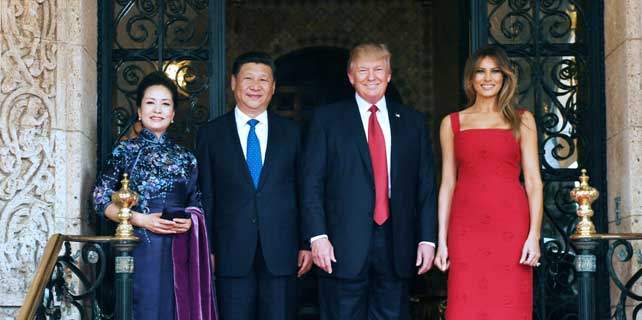Energy sector reform plan 'out soon'
As China's oil and gas giants further speed up company-level reforms, insiders believe the Chinese government is also likely to release its reform plan for the sector by the end of the second quarter or June 30, to further open up the country's energy markets.
China Petroleum and Chemical Corp, the world's largest refiner and known as Sinopec, announced that it will soon come up with a reform plan for its marketing company.
China National Petroleum Corp, Asia's biggest oil and gas producer, had vowed earlier to achieve a market-based pricing system in two to three years for one of its five individual natural gas sales companies located in the northern China.
CNPC said earlier last year it would split its natural gas sales and pipeline units to establish five individual natural gas sales companies, which will be responsible for all pipeline-related operations.
The pipeline unit of the oil and natural gas major was previously responsible for both natural gas pipeline operation and sales.
Analysts believe such moves suggest sector reform is likely to speed up.
Li Li, energy research director at ICIS China, a consulting company that provides analysis of China's energy market, said the spinoff of the natural gas pipeline operations and sales business of the oil and gas giants will help achieve a more nuanced natural gas sales organization and ensure market forces play a major role in the allocation of resources.
According to Wang Lu, an Asia-Pacific oil and gas analyst at Bloomberg Intelligence, sector reform may concentrate on two aspects: promotion of mixed or public-private ownership; and making the prices of refined oil products and gas more market-oriented.
"While State-owned CNPC, Sinopec and China National Offshore Oil Corp dominate the industry, relaxing entry restrictions on non-public capital can promote investment and diversify ownership," she said.
"Market-determined prices can better reflect the demand-supply balance and stimulate demand growth."
According to Wang, Sinopec's reforms will focus on marketing, while CNPC's will target the gas and pipeline segment, and focus on separating pipeline operations from the marketing function.
"The marketing company of Sinopec may be listed in the future and the IPO of the marketing company can raise capital and unlock the hidden value that had been buried in the integrated oil and gas company," she said.
According to a review by Sebastian Lewis, head of content, S&P Global Platts Greater China, easing of restrictions on foreign investment in upstream oil and gas exploration is expected. So is reform of the midstream sector with a new pipeline company seen being spun out from the big three State-owned oil companies. But exact plans remain unclear.
The sector needs urgent reforms to remain globally competitive. But big-bang reforms are unlikely, analysts said, adding they expect a series of experimental steps to improve efficiency.
"The focus of reforms is to boost the usage and investment of the infrastructure through social capital," said Li.
However, even low-key reforms like granting private refiners oil licenses, and spinoff of natural gas companies' sales departments will reshape China's oil and gas sector, she said.









